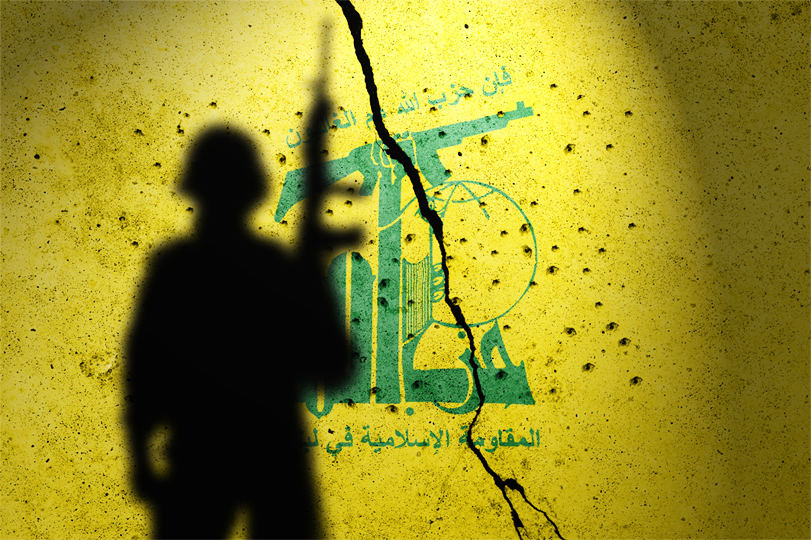
Posted On : Nov 28 2020
Hezbollah: Navigating the Complexities of a Militant Group
Hezbollah, a Lebanese militant group founded in the early 1980s, has evolved into a significant player in the Middle East`s political and military landscape.

Hezbollah, a Lebanese militant group founded in the early 1980s, has evolved into a significant player in the Middle East's political and military landscape.
With a mix of political activism, social services, and armed resistance, Hezbollah presents a multifaceted challenge that defies simple categorization. This article explores the origins, activities, and implications of Hezbollah's presence in the region.
Origins and Ideology
Hezbollah emerged during Lebanon's civil war as a Shiite resistance movement against Israeli occupation and Western influence. The group's founding principles combined religious fervor, anti-imperialism, and opposition to perceived injustices. Led by Hassan Nasrallah, Hezbollah gradually transformed from a guerrilla force to a multifunctional entity with both military and political wings.
Activities and Role
Hezbollah's activities are diverse and wide-ranging. Its military wing has engaged in conflicts such as the 2006 Lebanon War with Israel, solidifying its reputation as a potent fighting force. Additionally, the group's social services, including hospitals, schools, and charities, have garnered support among Lebanon's Shiite population, allowing Hezbollah to intertwine itself with local communities.
Political Influence
Hezbollah's political arm wields considerable influence within Lebanon's fragile political system. The group holds seats in the Lebanese parliament and has played pivotal roles in shaping the nation's policies. Hezbollah's active involvement in the Syrian civil war in support of the Assad regime further underscores its role in regional geopolitics.
Global Implications
Hezbollah's involvement extends beyond Lebanon's borders. Designated as a terrorist organization by several countries, including the United States, Hezbollah's alleged ties to Iran have attracted international attention. The group's support for other Shiite militias in the region, such as in Iraq and Syria, has further fuelled concerns about its potential for fomenting instability.
Challenges and Controversies
Hezbollah's complex nature presents a series of challenges for regional and global actors. Its military capabilities and presence in Lebanon contribute to ongoing tensions with Israel, with the potential for flare-ups that could destabilize the region. Moreover, Hezbollah's ties to Iran and its antagonistic stance towards some Arab nations fuel sectarian divides in the Middle East.
Conclusion
Hezbollah remains an enigmatic and influential entity that straddles the realms of politics, military action, and social services. Its evolution from a resistance group to a multifunctional organization reflects the intricate dynamics of the Middle East's shifting landscape. As the group continues to play a role in Lebanon's domestic affairs and regional conflicts, understanding the complexities of Hezbollah becomes paramount for fostering stability, peace, and cooperation in the Middle East.
No Comments Added




















